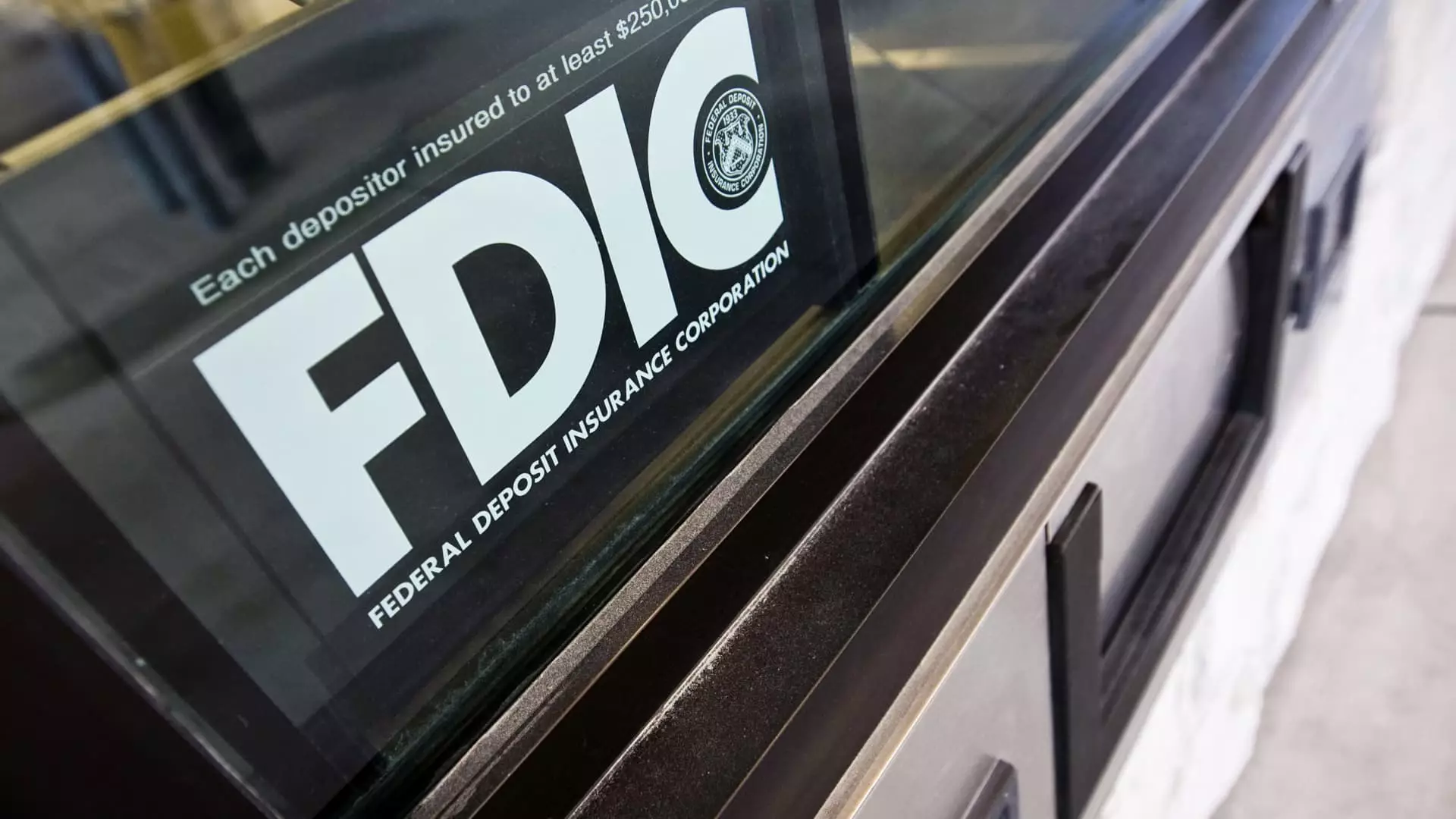As the political landscape shifts with President-elect Donald Trump’s impending inauguration for a second term on January 20, a storm is brewing over the possible restructuring of federal agencies. Proposals to streamline regulatory bodies, particularly the Federal Deposit Insurance Corporation (FDIC) and the Consumer Financial Protection Bureau (CFPB), have emerged as central themes. The implications of these potential changes could resonate throughout the financial sector, fundamentally impacting consumer protection and the stability of banking institutions.
Donald Trump’s intent to curtail federal expenditures has stirred discussions about the efficiency of government operations, with an emphasis on reducing overlap among agencies. The formation of the Department of Government Efficiency (DOGE), co-chaired by influential figures like Elon Musk, reflects a proactive approach to addressing perceived inefficiencies. The advisory board’s musings about dismantling or reshaping existing financial regulatory bodies indicate a significant shift in approach to governance—the belief that fewer agencies could lead to more streamlined and effective oversight.
This initiative calls into question the very structure of financial oversight. Critics, however, warn that the elimination of agencies like the FDIC, established to safeguard depositors’ interests during tumultuous economic periods, may expose consumers to vulnerabilities. The FDIC has a storied history of protecting deposits, safeguarding up to $250,000 per depositor per bank, and flying the flag of financial stability since the Great Depression. Transitioning this responsibility to the Treasury Department, as suggested, raises serious concerns regarding the agency’s capability and commitment to effectively manage deposit insurance.
Debating the FDIC’s Future
Proponents of cutting back regulatory bodies argue that reducing redundancy can often yield more efficient governance. However, the FDIC’s role in ensuring depositor confidence and maintaining stability during economic downturns reflects its irreplaceable value in the financial ecosystem, a sentiment echoed by experts like William Isaac, a former FDIC chairman. He emphasizes that abolishing the FDIC would contravene decades of progress towards creating secure and reliable banking practices.
Critics also note that while larger financial institutions may weather the removal of FDIC protections, regional banks—crucial for community lending and small business financing—could face dire repercussions. According to Brett House, an economics professor, maintaining a safety net like the FDIC is fundamental not only for consumer protection but also for the overall health of the U.S. financial sector. Eliminating such an insurance agency, he warns, could destabilize the lending system, resulting in broader economic implications.
The Role of the CFPB
Beyond the FDIC, the CFPB has emerged as a focal point in discussions about the future of consumer protection. Established in response to the 2008 financial crisis, the Bureau has aimed to uphold transparency and fairness in financial transactions. As calls for its reform arise, stemming from perceived ideological overreach in recent years, advocates of consumer protection urge against dismantling an agency that has increasingly safeguarded consumers against exploitative business practices.
Supporters argue that despite its relatively short existence, the CFPB has become instrumental in addressing emergent financial issues, such as the increasing prevalence of digital payment applications and lending options like “buy now, pay later.” The potential for privatizing oversight or shifting its responsibilities raises red flags about accountability and the effectiveness of consumer protection if such changes were to occur.
Change, it seems, is afoot in the realm of federal financial oversight. The conversations surrounding the FDIC and CFPB call for a critical examination of what regulatory frameworks are truly necessary to support a stable economy. While there are indeed opportunities for reform—streamlining processes and eliminating inefficiencies—any proposals must tread carefully, balancing the need for oversight with the harsh realities of market vulnerabilities.
The overarching argument shifts away from simply reducing the number of agencies to ensuring that essential functions are fulfilled effectively. As stakeholders weigh the potential ramifications of such changes, one must remember the historical context and the importance of maintaining a robust structure to support consumers and the economy in tandem. Concerns about government spending must not eclipse the vital role these entities play in preserving economic stability, nor should they undermine the broader objective of fostering a fair marketplace.
As the new administration formulates its policies, the discourse surrounding the FDIC and CFPB highlights significant considerations for the future of federal oversight. The delicate balance between efficiency and protection could define a pivotal moment that shapes the economic landscape for generations to come.

